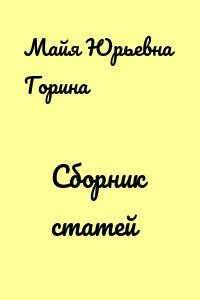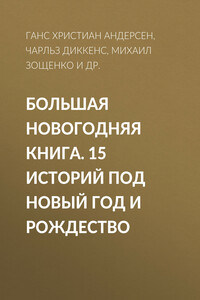I met Mr. Kevin James in November during one of my pupils’ recitals. He’d been dragged along by the child’s mother, together with a host of other poor souls, and had stood silently near the back door. As soon as the recital began, he slipped out, and I joined him.
“Enjoying yourself?” I asked.
He leaned languidly against the doorpost. “You go to these affairs often?”
“Naturally. I’m the instructor.”
“How do you stand it?”
I shrugged. “Comes with the job. Normally they serve punch later.” I tapped the pocket of my well-worn coat. “Punch with a punch.”
He grinned. “Don’t mind if I do.”
We became friends, and he had me to his house for dinner two or three times. One night we’d been speaking of detective stories, and he asked me to join him at the Martha Hudson dinner. I was happy to accept.
The dinner was held at a rambling structure in Arlington Heights known, for some obscure reason, as “The Ranch.” The crowd was not exactly what I had expected, consisting mostly of people my own age. They all appeared rather more well-to-do than I, however, which was not surprising.
As drinks were served, we all congregated in the large drawing room, the principal furnishings of which were the bookshelves that lined three of the walls, the huge oil portrait of, I later learned, the Master, and a long table upon which had been set bound copies of some reference works, a violin, a pipe, and a cap. Our host, Mr. Hugo Arrowroot, proposed a toast to Martha Hudson, then to Holmes, after which things assumed a more informal air. We ate a fine dinner of which coq au vin was the main course and, over brandy, fell into a heated discussion concerning the actual existence of fictional characters.
“It all began, I imagine,” said Kevin, “with Dante, when he included in his fictional Divine Comedy portraits of his enemies. I would suppose it’s even an older practice than that.”
“Much older,” offered another of the guests, a hirsute Harvard student. “All the Greek playwrights did it in their comedies. Aristophanes got in a lot of trouble because of it.”
“Not surprising,” Kevin continued, “and we’re all familiar with historical works that are, finally, more fictitious than the most imaginative novel.” Several students chuckled.
Kevin was smoking a briar, sitting on the edge of the table, fingering the open pages of one of the reference works. “But consider this angle. Suppose there was a man whose life was as interesting as could be hoped, and he had a companion who was given to writing. Could that companion refrain from biography? A Boswell to Johnson relationship? I doubt it. But again, suppose that the principal involved eschewed this kind of aggrandizing publicity, for any number of reasons, and forbade his companion to publish. What could they do? One solution would be to publish the biography as a fictional account, using fictional names but actual events.
“I contend that in this theory lies the root of truth in our more celebrated detective heroes.” He paused and relit his pipe.
“You’re not saying that you think Holmes actually existed?” I said.
“Precisely, John, precisely.”
Arrowroot spoke up. “It’s not a new theory at all. As far back as 1900, readers were proposing it. Holmes was still alive at that time, remember.”
“But a man of his supposed stature?” I protested. “I should think that, even fictionalized, he’d be immediately recognizable to the public.”
“James Bond isn’t,” Kevin said.
“James Bond! Come on.”
They shrugged at one another. “It’s been established that he’s alive and working right now. Of course, though it hurts to admit it, Fleming was better at peripherals than Conan Doyle.”
“Peripherals?” I asked.
“You know, names of minor characters, addresses, that sort of thing. Fleming never used real names or addresses, at least so far as we know. And while, of course, Holmes was not named Holmes and didn’t live at 221B Baker Street—actually we think he lived in Bond Street near Selfridges—Conan Doyle couldn’t help but leave a few characters untouched. He was probably leaving us clues. He had such a fine sense of play. But Hugo, here, is really the expert.” He turned to Arrowroot. “Perhaps you’d like to take it from here.”


